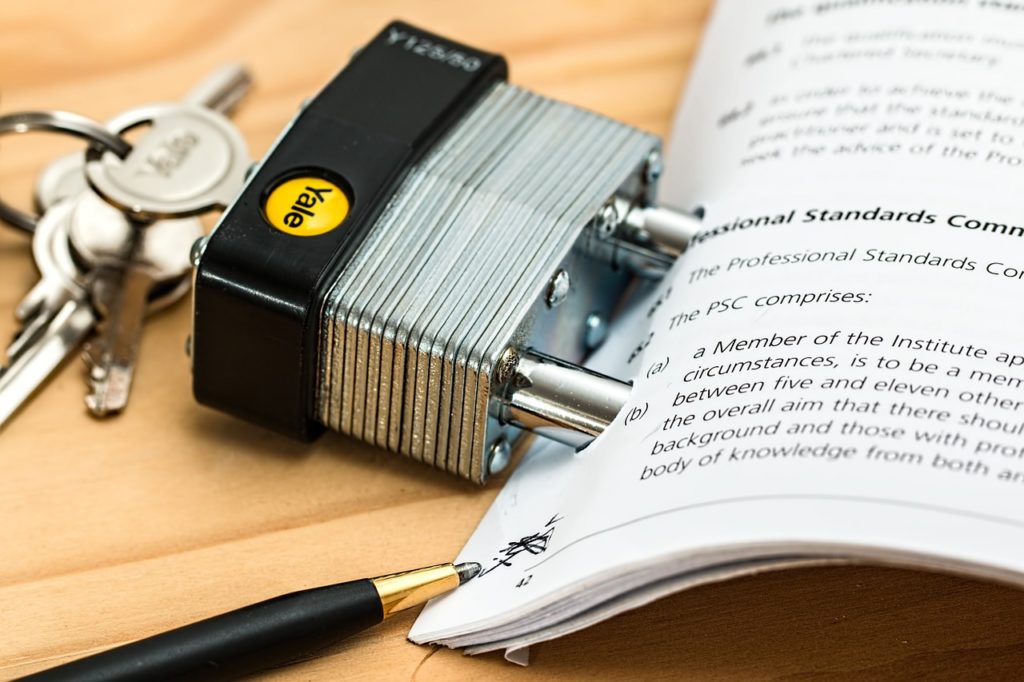When Should You File for Bankruptcy: 4 Questions to Ask
Just the thought of bankruptcy is terrifying for many of us. It feels like an extreme measure to counter debts that could probably be dealt with by simply employing better financial management strategies. However, the truth of the matter is that there are times when filing for bankruptcy is the most ideal action when dealing with debt.
So when do you know if it’s time to file for bankruptcy? It can be difficult to make this decision, especially because there are various situations where bankruptcy is the “right” choice. There are also quite a few differences in bankruptcy laws and exemptions per state, so if you live in Arizona, for example, you have to make sure that you get an Arizona bankruptcy firm to help you so you can receive the right legal guidance throughout the process. In the meantime, you can also ask yourself the following questions to further help you make your decision, as well as make it easier for your bankruptcy lawyers to navigate your case.
Are You Being Sued by Your Creditors?
This is one of the foremost indicators that you should be already considering filing for bankruptcy. Failing to make payments on your debts will prompt your creditors to turn it over to a collection agency. If you still fail to make payments after numerous calls and letters, or if these communiques go unanswered, the next step for these agencies is to file a lawsuit to force your hand. If you lose, it is likely that you will end up with more fees to pay on top of your existing debts.
Filing for bankruptcy will provide you with some legal protection. The court will issue a stay against your creditors and they, along with their debt collection agencies, will not be able to contact you directly — they have to go through your lawyer first. You also can’t be subjected to any further collection actions until the case is over.
Are You Paying Only the Minimum on Your Credit Card Debts?
Paying the minimum balance on your credit card debts is a bad practice, especially for cards that have a high interest rate. Why? Because you are simply setting yourself up for a bigger amount of debt, as every month you do not pay your balance in full will just rack up more charges. This will also leave you paying more than what the purchased item is really worth.
If at all possible, always pay your credit card debts in full. If you can’t, strive to pay at least double the minimum even as the balance shrinks. If you still can’t achieve such a payment scheme, then it may be time to consult with a professional if filing for bankruptcy is a good idea, especially if you have multiple high-interest credit card debts.
Are You Able to Pay Your Bills Without Using Credit Cards?
Ideally, you should be able to pay your bills on time without having to put them on your credit card/s. This is because, as stated above, if you’re not able to pay in full or pay more than the minimum, you will rack up bigger and bigger debts over time. And if you’re already struggling with the minimum payments, increasing the regular payments you have to make by putting your bills on your credit card will definitely lead to a more difficult financial situation.
Of course, accruing a huge amount of debt due to poor saving and spending habits isn’t a good enough reason to file for bankruptcy. However, if your income isn’t sufficient to cover your daily expenses and carry your debt load at the same time, you may be qualified for Chapter 7 bankruptcy.
Are You Aware of How Much You Actually Owe?
Do you know how much you owe to each of your creditors, or at least have a record that you can refer to quickly? Do you know when are the due dates for all your debt payments? These are important questions to ask. If you’re having trouble keeping track, it’s a good indicator that you may need more than just an additional source of income to cover your debts or a budget plan to manage your finances.
Again, a huge amount of debt isn’t going to be enough. Try to determine first where you are financially, by inventorying all of your liquid assets, including all non-bank account funds and assets. Compare this value to the total amount of debt you owe; if the value is significantly less than your debts, then it may be a good option to declare bankruptcy. You can either file for Chapter 7 bankruptcy if you’re willing to part with most of your assets, or Chapter 13 if you have some things that you want to keep.
Other crucial questions to ask include (1) Are you in danger of losing your home? (2) How long do you think will you be in this situation? (3) Can you still negotiate with your creditors to adjust your debts? and (4) Do you feel overwhelmed or scared when you think about dealing with your debts?
Filing bankruptcy isn’t something that should be made on a whim just so you can get rid of your debts, only to go back to your old bad spending habits. Weigh the pros and cons and really take the time to evaluate your finances before making the decision. And as earlier mentioned, when in doubt, consult the professionals.

